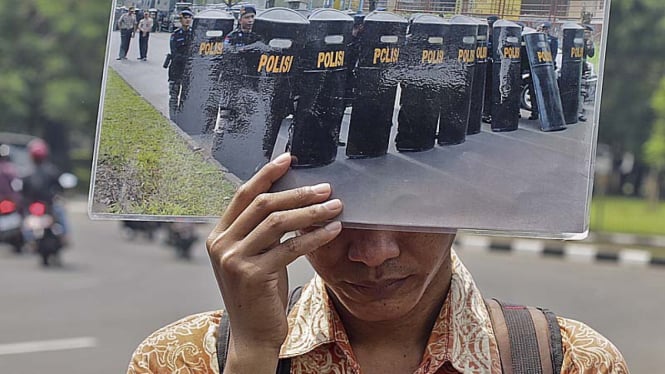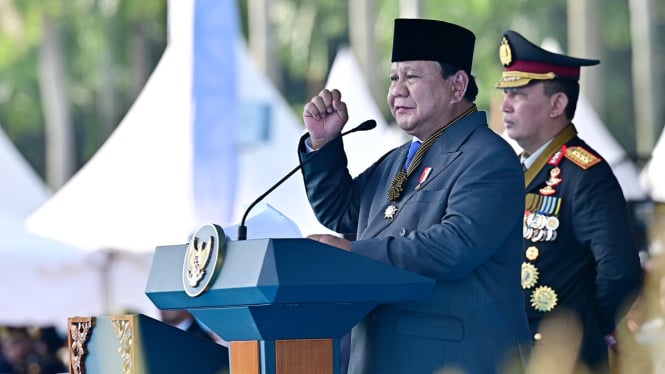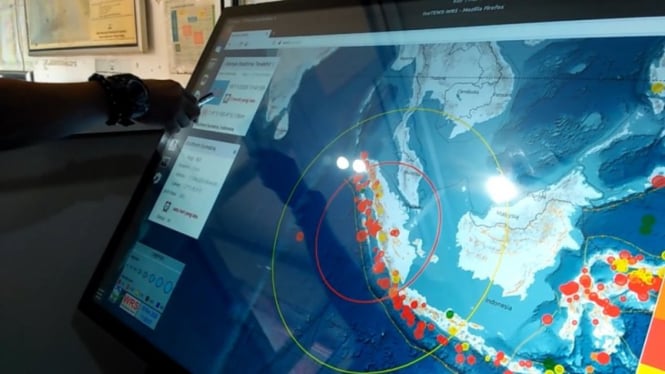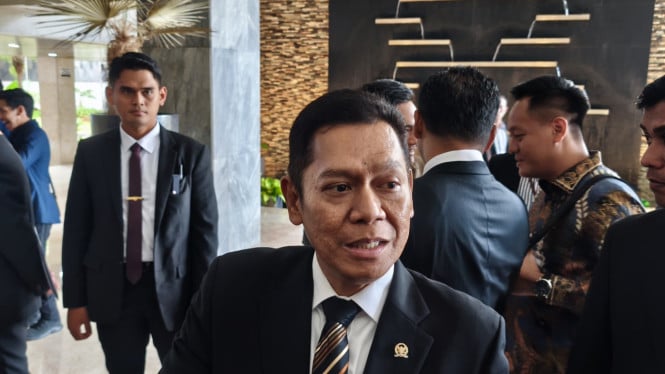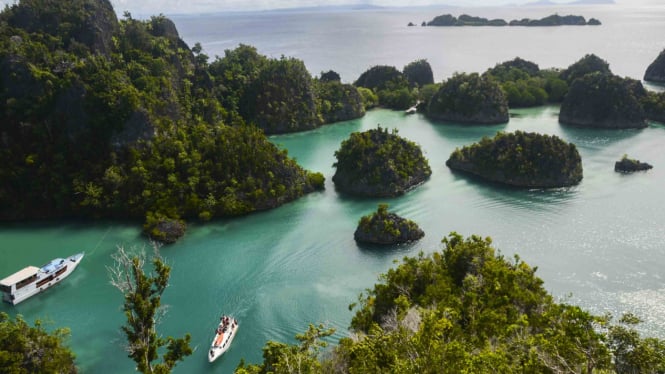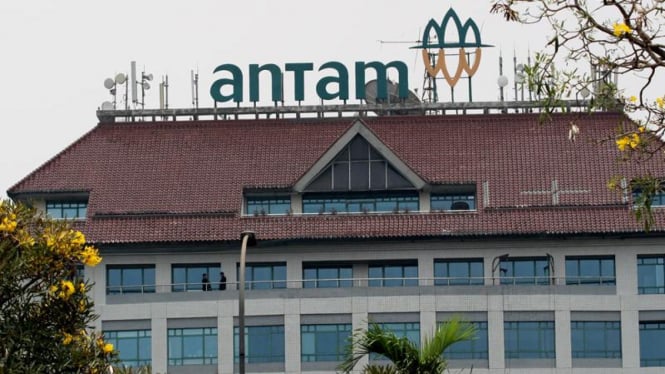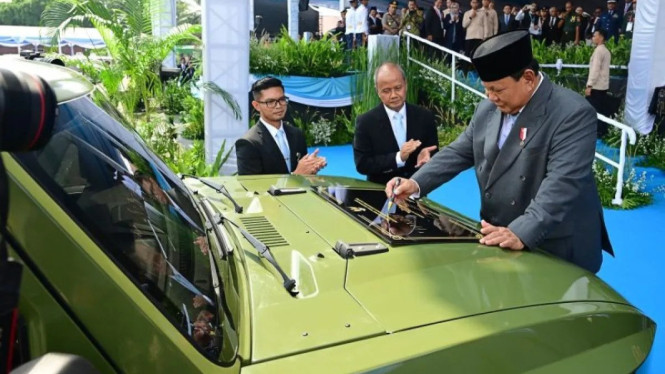Jakarta, VIVA – Chairman of Indonesian Regional of Representatives Committee III, Filep Wamafma, has strongly condemned the nickel mining activities taking place in Raja Ampat, Southwest Papua.
He believes such actions pose a serious threat to the environment and the long-term economic wellbeing of the local communities.
According to Wamafma, nickel exploitation will bring new problems to Raja Ampat—not just environmental degradation, but also the loss of people’s livelihoods.
He emphasized that Raja Ampat is a national strategic area rich in biodiversity, and tourism is the main source of income for its residents.
“If mining is allowed to continue, the ecosystem will be destroyed. Forests will be cut down, the land excavated, water and air polluted, fish will vanish, and biodiversity will disappear. The damage will be irreversible—even enormous funding won’t be able to restore it,” he said in a statement on Monday (June 9).
Dermaga Piaynemo Island, Kabupaten Raja Ampat
Photo :
- ANTARA FOTO/Darwin Fatir
Therefore, Wamafma has called on the President of Indonesia to instruct his ministers, particularly the Minister of Forestry and the Minister of Environment, to immediately address the issue of nickel mining in Raja Ampat.
He even urged the government to revoke all mining permits in the region.
“The government must conduct a thorough investigation. Mining permits that damage the environment must be revoked without compromise. The state must not bow to economic pressure. The long-term interests of the people and the sustainability of natural resources are far more important,” he stated.
Wamafma added that the mindset of government officials must change. Progress, he said, is not just about numbers or money—it’s about protecting land, sea, forests, and their sustainability.
He rejected the temporary suspension issued by Energy and Mineral Resources Minister Bahlil Lahadalia, stressing that the mining operations in Raja Ampat must be permanently shut down.
“We don’t want a temporary suspension. There must be no negotiation with those who destroy our tourism sites. Mining in Raja Ampat is a betrayal of the vision of sustainable development. True progress means protecting food sources, clean water, and natural ecosystems. If ecotourism disappears, the ocean is damaged, agriculture is destroyed, and forests are lost—local economies will collapse. The state must stand up for its people,” he explained.
From a legal standpoint, Wamafma pointed out that mining activities on small islands and coastal areas are prohibited under Law No. 27 of 2007 and Law No. 1 of 2014, as well as Minister of Maritime Affairs and Fisheries Regulation No. 20 of 2021.
These laws underline the protection of marine and coastal ecosystems.
Specifically, Article 23 Paragraph (2) of the law prioritizes the use of small islands and surrounding waters for activities such as conservation, education, research, and tourism.
Additionally, he referenced a ruling by the Constitutional Court (MK) Decision No. 35 of 2024, which rejected a petition by PT Gema Kreasi Perdana (GKP) that sought to legalize mining in coastal and small island areas. The Court ruled that such mining activities could harm the environment and negatively impact local communities.
He also cited the Supreme Court (MA) Decision No. 57 of 2022, which upheld a lawsuit filed by residents of Wawonii Island opposing mining operations there. The Court deemed mining on small islands an “abnormally dangerous activity” that must be banned.
Given all these regulations and legal precedents, he argued that there is more than enough justification to stop nickel mining in Raja Ampat.
“The destruction of Raja Ampat is not just an ecological loss—it is a national disaster. The state must be consistent. The state must stand on the side of sustainability. Therefore, nickel mining in Raja Ampat must be shut down immediately. Don’t wait until everything is destroyed,” he concluded.
Halaman Selanjutnya
He even urged the government to revoke all mining permits in the region.

 4 weeks ago
14
4 weeks ago
14
